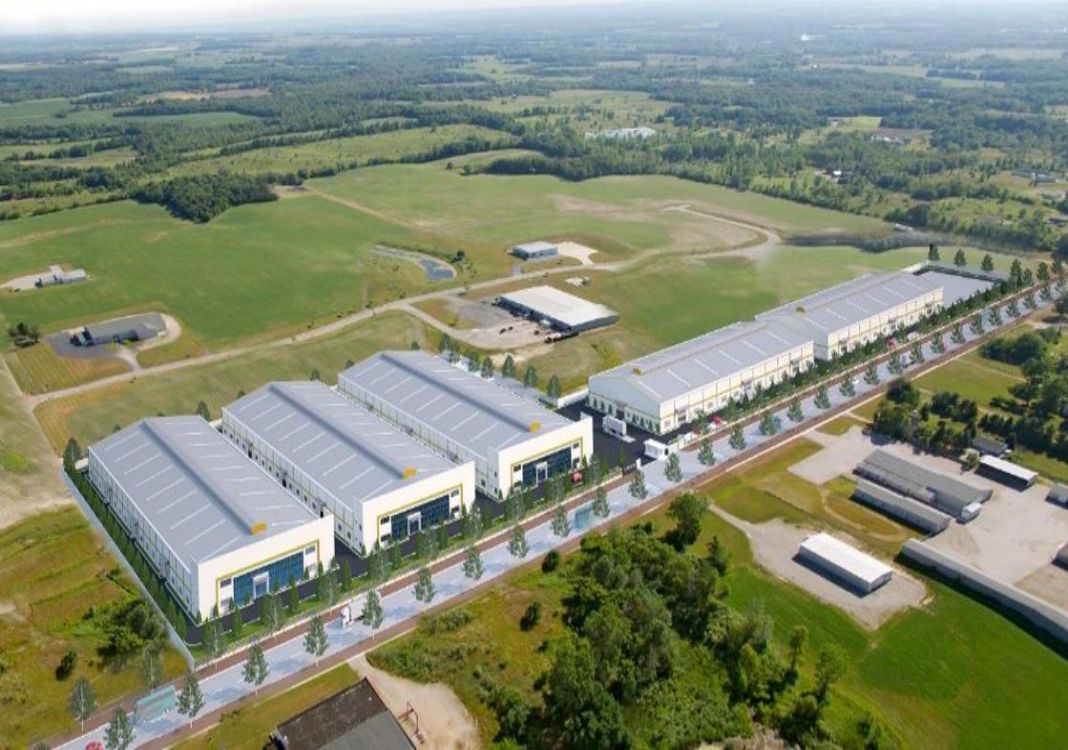Translating corporate social responsibility (CSR) principles into practical actions, Duy Tan, a plastics company in Vietnam, in its own way, has been striving to build a greener living environment to not only improve the living standards of residents but also benefit the country’s economy. Though rocky, the path it travels will benefit the environment strongly.
Build a recycling plant
Treating waste in general and plastic waste in general remains a headache and is an urgent task of all countries in the world. Aware that protecting the environment is the social responsibility of residents and enterprises, Duy Tan has decided to take a tough path, spending up to US$60 million investing in a plastic recycling plant to help with plastic waste reduction.
It took the company three years to implement this project as developing a plastics recycling plant was so different from the firm’s other previous projects, says Le Anh, Vice President at Duy Tan.
Apart from securing professional staff and finding suitable technology for the operation of the facility, Duy Tan has established a network of agents purchasing used bottles to minimize plastic waste pollution.
“Manufacturing plastic products from imported plastic grains needs simple processes of operating machines, while it is much more difficult to recycle used plastic bottles as all the machines in the production line must be synced with one another,” says Anh.
Besides careful calculation and meticulousness, the divisions and departments of the firm from the engineering and research divisions to its sales department have to closely collaborate with each other to bring about high efficiency, he adds.
This is the first plant of its kind in Vietnam to apply the ‘Bottle to Bottle” recycling technology, which means plastic grains are produced from used plastic bottles for new bottles.
“Developing the plastics recycling plant, which is located in Long An Province’s Duc Hoa District, is one of the firm’s major strategic goals in 2020,” says Le Anh. That is the reason why Mr. Tran Duy Hy, general director of the company, managed to acquire 65,000 square meters of land in an industrial zone in Long An many years ago in preparation for the recycling plant.
Duy Tan considers the biggest risk for this project is securing the input in terms of volume and quality, as many processors have in the past decried problems related to poor plastic waste classification and treatment. However, with 33 years of experience and deep knowledge about plastics and plastic grains, Duy Tan is confident to bet big on the plastics recycling project to bring practical values, says the representative of Duy Tan.

Put more effort in environmental protection
Duy Tan has cooperated with over 80 standard agents to purchase, classify and package used plastic bottles to secure inputs for the production of its plant.
Aside from its endeavor to reduce plastic waste, Duy Tan has created many jobs for laborers and cut down the volume of primary plastic materials, contributing to making the environment cleaner.
In the first phase of the facility, Duy Tan buys 60 tons of used bottles each day. The volume of used bottles purchased by the firm reaches up to 22,000 tons each year, which is highly meaningful when it comes to environmental protection.
Plastic materials produced from recycling used bottles are costlier than those from imported plastic grains, but many long-time customers like Nestle and Lavie are considering to purchase recycled products, while Unilever as a giant customer has also initiated a purchase contract although the plant will only start commercial production in the fourth quarter, according to Le Anh.
Duy Tan expects the new reclycling plant will contribute some 20 to 25% of the company’s total revenue. The high potential encourages Duy Tan to proceed with the project, without waiting whether State incentives will be available, “because the environment cannot wait,” Anh says.
Nevertheless, Duy Tan expects a helping hand from the State in terms of power supply tariffs and tax, which will be the necessary catalyst to attract more enterprises. The involvement of more enterprises will better help save the environment.
After the construction of its second and third phases is completed, the plastics recycling plant will turn out some 100,000 tons of plastic grains per year, using more used plastic products such as desks, tables, chairs and wardrobes for the recycling.
Duy Tan’s customers are ready to consume recycled products while many enterprises in the local market are attaching importance to sustainable development and environmental protection, smoothing the path for Duy Tan to deploy its project.











